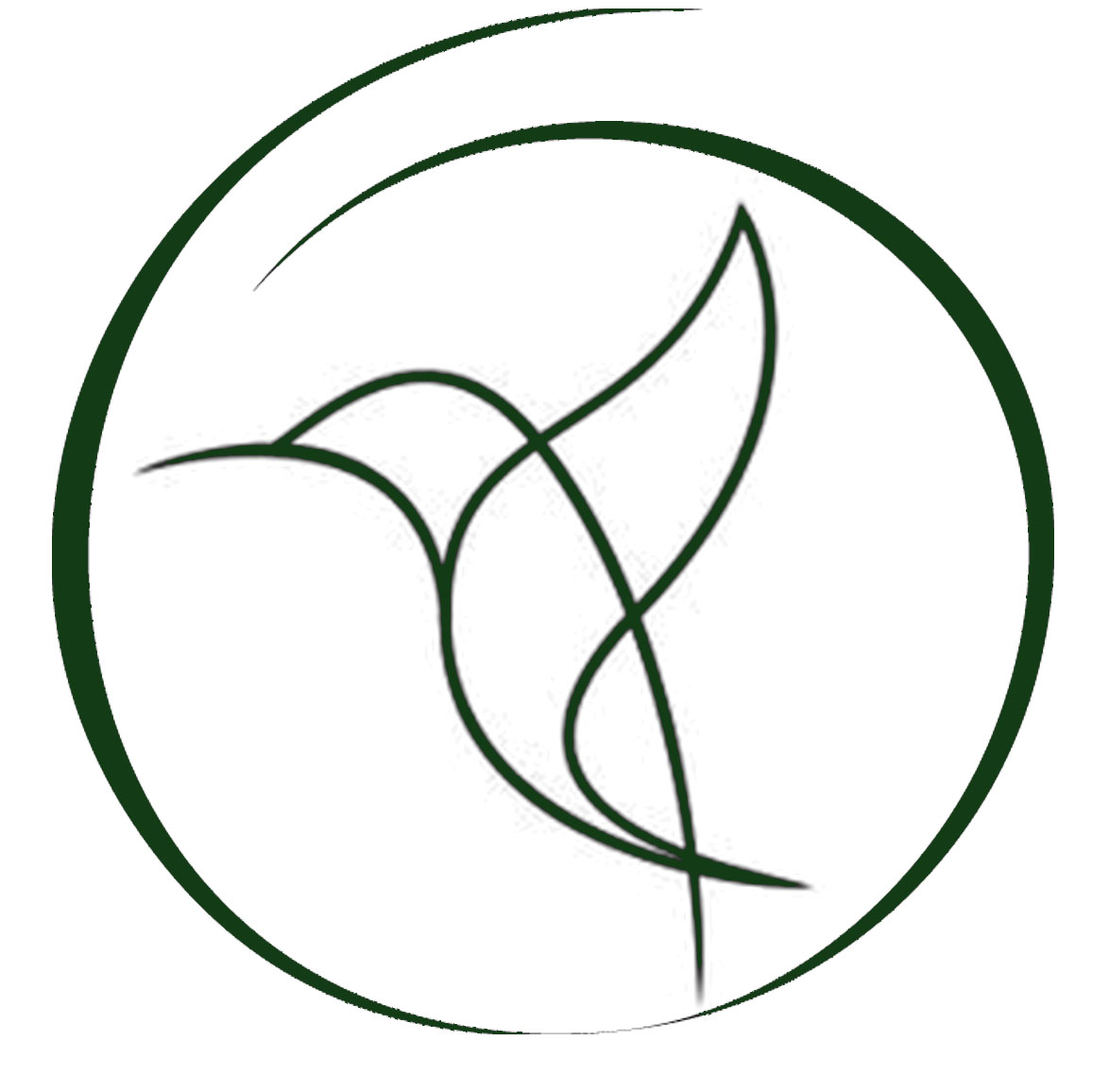Financial Accessibility
We offer need-based scholarships for all of our programming. If you or the communities you serve face systemic barriers to fair access to financial resources, please contact us in order to renegotiate fees for service.
Inclusive Curriculum
We are committed to teaching that diversity, inclusion, equal access to resources, and environmental justice are the foundations of true sustainability. We value and prioritize age-appropriate exploration of privilege, oppression and the subsequent implications for life and learning.
Exploring topics of race, class, culture, gender, age (and many others) is a crucial step towards creating an un-biased curriculum and social experience for students. People of privilege are often not aware of the biases that are constantly present in our culture (and subsequently in education) that reinforce a dominant paradigm as "normal", "good" and "valuable". The inverse messages imposed upon marginalized populations have become tightly woven into the fabric of society in complicated ways that directly and indirectly affect access to resources. This is a deeply problematic issue that, although uncomfortable, needs to be addressed as the root cause of the disproportionate impacts of climate change, and the primary focus of sustainability education.
Representation
Our site and programming are currently owned and managed by people that identify as white allies. We prioritize qualified BIPOC (Black/Indigenous/People of Color) when hiring teachers and land tenders.
Reparations to the Chinook Nation
As stewards of this land, we acknowledge that this place is the traditional territory of the Chinook peoples and that Earth-based education has been practiced for millennia by indigenous people. The legacy of cultural genocide of native peoples is still apparent through continued marginalization and disproportionate access to land by descendants of white settlers. We are committed to active and ongoing participation in both physical and social ecological restoration. One tangible step we are taking is paying a portion of all program income as reparations to the Chinook Nation.

